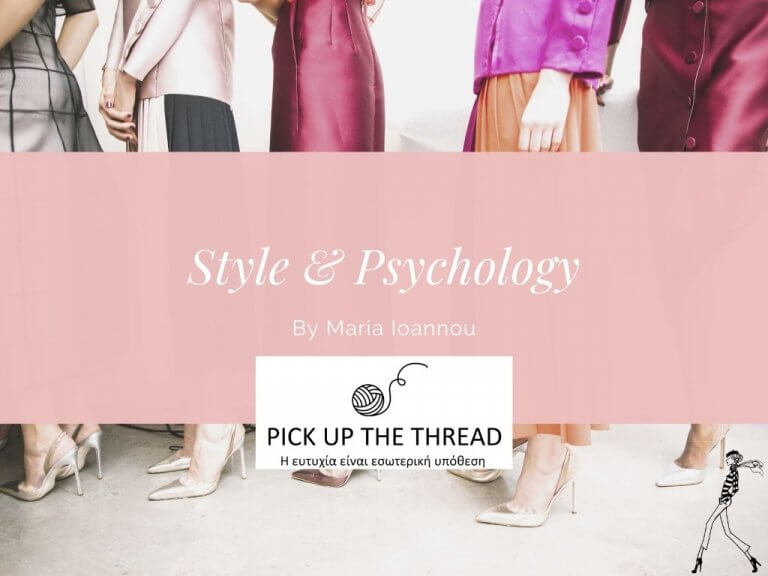We can easily modify, without losing, much of our daily living by using the internet. The same can happen with psychotherapy via Skype.
In addition to working at home, we can deliver important private and group lessons📚📝 or even an established meeting with our friends☕🥨, in our home office, with comfort and security. Correspondingly, our sessions💬🗣️ have already been scheduled to take place via Skype for the foreseeable future. For more information, you can send your message on our Facebook page and at info@pickupthethread.eu
At this point, we would like to refer to some of the specifics and points to consider in the online form of psychotherapy. We have seen that they serve specific cases, such as remote residents, residens of remote areas who would like to continue working with a particular therapist, mothers who cannot leave their children at home, as well as cases of people interested for low-budget partnerships. Psychotherapy via Skype or video calls via WhatsApp etc, are not only a solution but an option that facilitates rather than urges a forced choice to start therapy.
We know from bibliography that the therapeutic relationship and the therapeutic goal contribute more than the means used in the outcome of psychotherapy (Norcross , 2011., Gelso , 2014., Shafran και Kraus, 2014), while looking at the three-component constituent of the therapeutic alliance (therapeutic bond, therapeutic goals, and therapeutic tasks / tasks), the bonding factor is consistently more important to the therapeutic outcome than the other two (Bachelor, 2013).
Cipolletta (2015) explores the on-line form of the therapeutic relationship in three individual cases and concludes that in a lively, synchronized conversation the therapeutic relationship emerges just as in the physical presence session. Taking into account the assumptions and goals that a therapist chooses for the session through Skype during the planning phase of the therapeutic process, it is very likely that he will be able to highlight some aspects of the relationship that would not be felt otherwise.
Many studies do not yield clear data in favor of or against this method (Armfield, Gray, & Smith, 2012). However, in the field of mental health the differences between the cases that specialists are called to deal with are endless. The choice of method and means of treatment must be made taking into account a large number of factors. So, without concluding with a complete acceptance or rejection of a method, we ought to carefully consider the applications and "reap" their benefits for the positive course of the patient.
Returning to newer developments, in times of mass uncertainty and destabilization, it is normal to express anxiety and stress, while maintaining a routine already known, avoiding the spread of the above in panic and / or phobic symptoms. We stay home, we stay healthy and productive🙋🏻♀️🙋🏻♂️ while we do not hesitate to ask for help for something we cannot manage!


